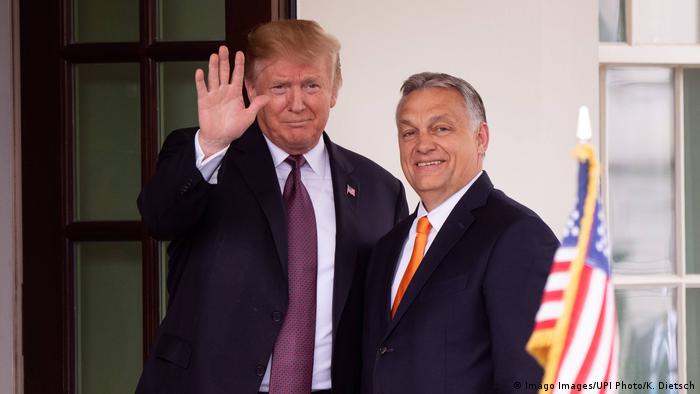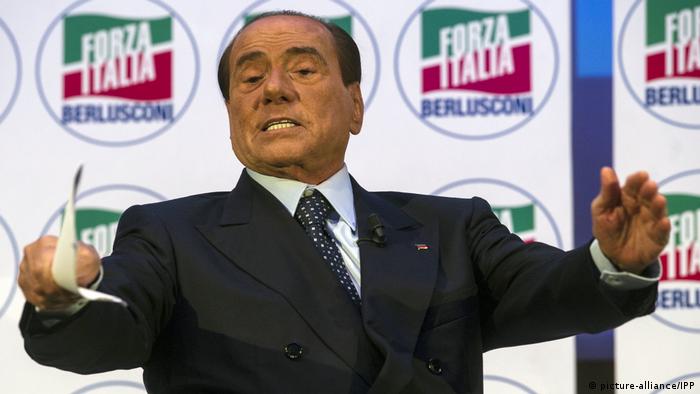Long before Trumps political rise of populists in Europe were successful. You have a lot in common with him, but a defeat in the election of the US President would not mean the end of global populism.

Donald Trump is probably the most powerful promoter in the world, and he attracts the most media attention. However, this does not mean that he has introduced the idea of populism in today’s global politics. Long before Trump had, surprisingly, from the real estate Mogul to the President of the United States rise, the European populists left on the whole continent in political Offices.
The Freedom party of Austria (FPÖ) won already in the 1990s, popularity, and changes in the established party system of the country. Meanwhile, the populism in Italy, found its starting point: With the election of the former media Mogul Silvio Berlusconi as Prime Minister of the country 25 years ago, the first modern populist leaders took political office in Europe.
Berlusconi as a sign
“Berlusconi was a kind of warning,” says Anna Grzymala-Busse, a Professor of International studies with a focus on populism at the University of Stanford. “He has shown that it is possible to govern as a Populist with a chaotic leadership without a coherent programme for a country.”
Among the populist leaders in Europe, which were Trumps times ahead, Viktor Orban in Hungary. Earlier this week he was a guest in the White house. Orban took over for the first Time in 1998, the office of the Minister-presidents. Soon after, he began that the liberal democratic institutions of the country to attack. This political program he has tightened up even once since he was re-elected in 2010 to the Prime Minister.

Silvio Berlusconi was one of the first populists in Europe
The time sequence shows that European populists exist completely independently of Trump, and not on its support depend, says Grzymala-Busse: “you have managed very well alone, to be in their home countries popular.”
This European populism is a predominant part of the house. Often it is fueled by injustice in his own country and is therefore difficult to be transferred to other countries. Steve Bannon had to make this experience as he tried to form before the European elections end of may, a European group of right-wing populists.
“The European populists Bannon don’t need it”
The project failed. This is not surprising, says Mabel Berezin, a sociologist at Cornell University, currently at the “Institute for Advanced Studies” in Princeton. “You don’t need to Bannon,” she says in reference to European populists. “You get along alone very well.”
Therefore, it is also premature to assume that a defeat of Trumps would usher in the elections in the year 2020 automatically a decline of populism in Europe, says Grzymala-Busse.
There is, however, a number of concrete Connections between Trump and the European populists, says Grzymala-Busse. Both would appeal to a low-threshold, though a vague political mood of the image. “I think both share the same ideology. They are skeptical of international alliances and the liberal democracy. And you claim to speak for the entire people.”
Russia as a unifying Element
The most concrete connection, apart from a rather vague ideological mood – between Trump and the European populists lies in their affinity towards Russia. “In Russia, there are node points. Russia financed a very active populist movements in Europe. The Mueller report also suggests that the country also has Connections to President Trump,” says Grzymala-Busse.
“This is definitely a Legitimation for Orban and his ilk,” says Grzymala-Busse. “Trump gives them, in addition to the gloss of international legitimacy. The fact that the greatest of all the populists accepted him, Orban even more powerful and it gives him a legitimacy, not only in Hungary but in the whole of Europe.”